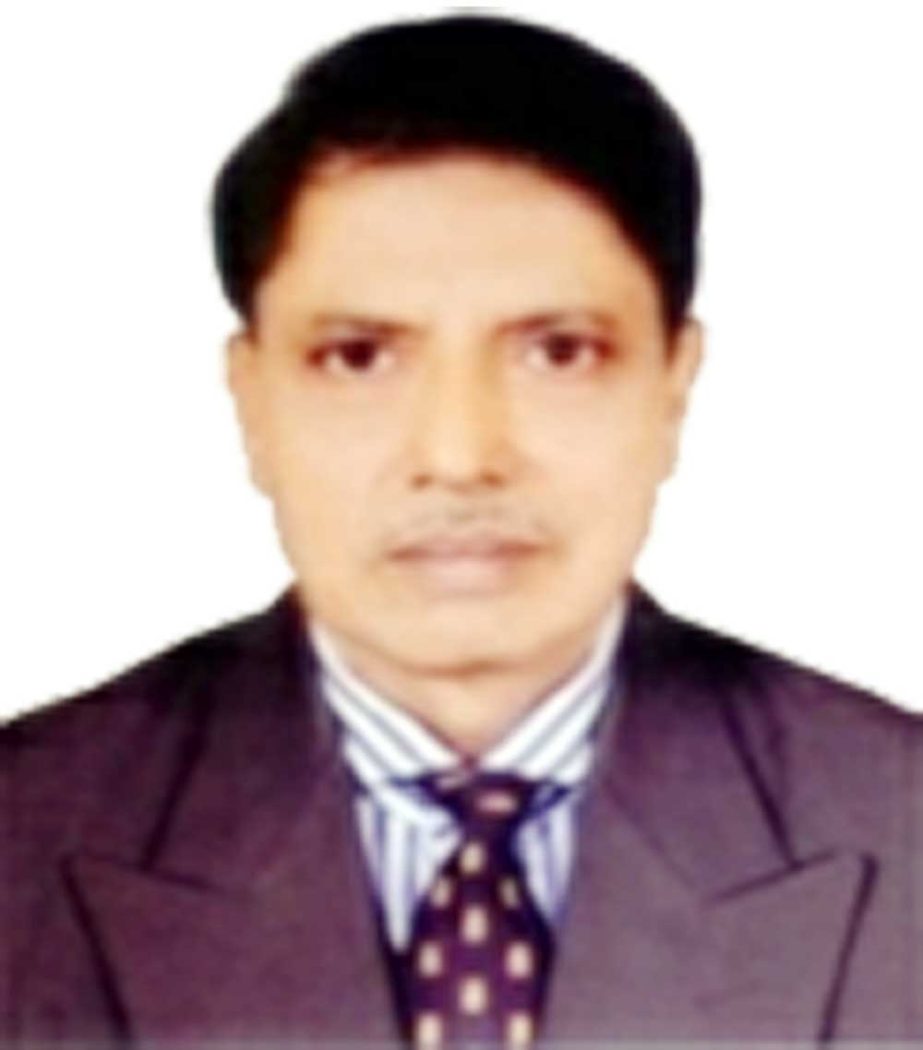
Dr. Forqan Uddin Ahmed :
Most recently, the incident of Sharif Uddin’s dismissal has given rise to discussions across the country. Earlier, two deputy directors were also sacked. Apart from this, some officials have been removed from the commission even though they were not sacked. The recent dismissal of Deputy Assistant Director Sharif Uddin has created a great deal of anxiety among Anti- Corruption commission (ACC) officials and employees across the country. The officer was particularly active in the investigation of various anti-corruption allegations and earned reputation. In protest against the removal of Sharif Uddin, the ACC officials and employees have staged protests and human chain programs in front of the head office and in different districts. This is an unprecedented event in the history of the ACC. They complain that good works are not well recognized. Sharif Uddin has been sacked under Section 54 (2) of the ACC Employees Rules 2008. According to this section, the Commission may at any time remove any officer-employee without self-defense. There is panic among the officials and employees of all levels of the ACC about this section.
Sharif Uddin was tasked to look into allegations of massive corruption in land acquisition in some of the 72 mega projects worth Tk 3 lakh crore in Cox’s Bazar. After a lengthy investigation, the then Deputy Commissioner of Cox’s Bazar, along with the Additional Deputy Commissioner, 19 bureaucrats of the administration cadre have been found allegation of corruption in land acquisition. Following the recommendation of the case, ACC transferred the investigating officer Sharif to Patuakhali and directed further investigation into the allegations. Some bureaucrats brought various allegations against Sharif for taking bribes. As a result, three departmental cases were filed against him. The ACC could not bring any major allegation against Sharif Uddin such as bribery, corruption or illegal acquisition of wealth. Naturally, the question has arisen in the minds of people, was Sharif transferred from Chittagong to Patuakhali and finally fired under the pressure of those influential people who were involved in the case.
When the ACC Secretary was being asked and enquired of the dismissal case of Sharif Uddin’s allegation, no specific answers came to media but the very secretary. He only told the news man about Sharif’s organizational misconduct for which a departmental case was in process against him. However, the ACC secretary could not give a clear answer to the question of what exactly Sharif has done or what serious allegations have been made against him. If Sharif Uddin has acted to tarnish the image of the organization, then why was he given the responsibility of investigating cases one after another? Moreover, how did the issue like human chain and protest in favor of Sharif occur?
Side by side with such preventive measures in the public sector, a business integrity programme consistent with the National Integrity Strategy is long overdue, with the aim of creating ethical business practices. Collective action against corruption, as in many countries, may demonstrate that corrupt practices, coercive or collusive, are not indispensable for doing business. There are many standards and practices of self-regulation that can motivate counterparts in the public sector to stay away from corruption. Adoption of sectoral and sub-sectoral code of conduct to practice regularly updatable disclosure of “what you earn, where and how you earn, what you pay, and whom you pay” including information on indirect beneficial ownership could go a long way in deterring corruption in the private sector’s interaction with the public.
Corrupt practices in planning design and budgeting of infrastructure projects couple with conflict of interest driven contracting bedeviled by law efficiency and delayed implementation, often deliberate implementation, may continue to cost Bangladesh many times more than many countries. With kingpins of loan default and banking fraud will well place in important positions, the challenge for ACC will be even more formidable, especially when accountability mechanisms are ineffective in the banking and financial sector and ethical business practices and self-regulation are rare.
Although created by the government, the ACC must not be perceived as part of the government rather as an institution to hold the government accountable in Public Interest. ACC must have the courage and strength to bring the corrupt to justice without any bias or favor and unmoved by any form or level of political or other forms of influence or intervention. To make it to work, consistent with the pledge of zero tolerance, it will be incumbent upon the government to create the conditions in which ACC can handle corruption cases in the due process without fear or favor.
Finally, we can say that, ACC should have a vision of its drive to maintain transparency and weed out the corruption. ACC drive must not be misleading and misunderstanding. Recent human chain and protest of Deputy Assistant Director Sharif’s dismissal case must be well looked into. The ACC authority must remember that no confidence in the remedial measures of ACC may tarnish the organizational image. So, anti-corruption drive must be fair and free from political and administrative influence. The honest steps for remedial measures of corruption and judicious moves are very essential and pertinent to the true development of a country.
(The writer is former Deputy Director General, Bangladesh
Ansar and VDP).

